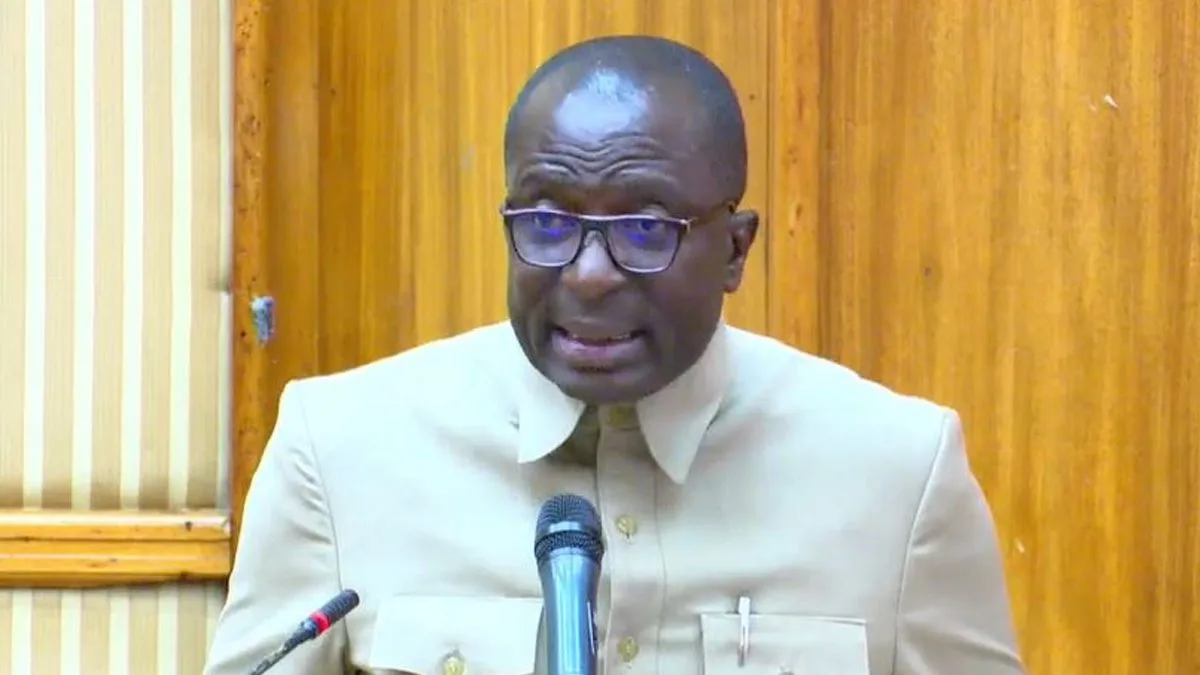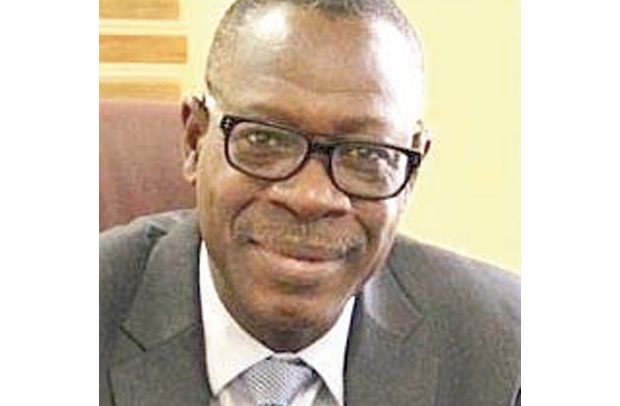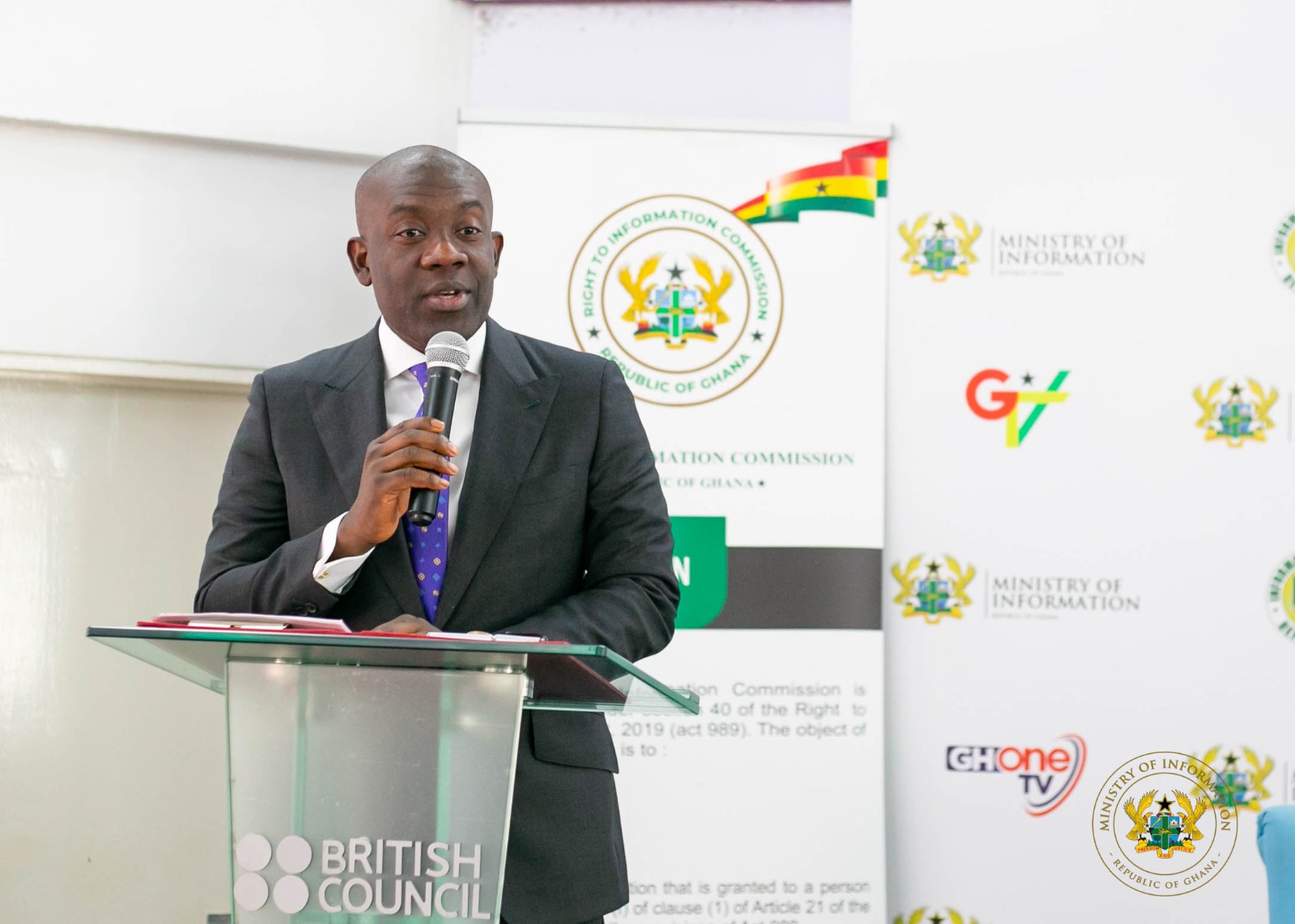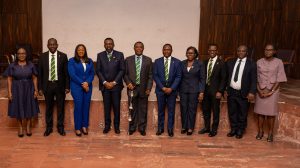
THE First Deputy Speaker of Parliament, Joseph Osei Owusu, has told the media to be Ghana bias in their reportage.
That bias, Mr Osei Owusu added, must not be lended to the state when a citizen's right is being abused by the coercive powers of the state.
"As press people, you are entitled to be bias in favour of Ghana. The only time when your bias is not required is when it comes to human rights.
"In that case, your bias should be in favour of the individual because the state is already powerful but in any other matter, you are encouraged to be bias in favour of your country Ghana," he stressed.
Mr Osei Owusu made this call on the media in Accra yesterday when he addressed the Parliamentary Press Corps at a day's sensitisation workshop organised by the Ghana Free Zones Board (GFZB).
The workshop, which brought together the top hierarchy of the GFZB and Parliamentary reporters, was intended to expose members of the press corps to the mandate and operations of the Board.
Though the First Deputy Speaker acknowledged the media's role in safeguarding the airwaves, he said: "Regrettably, sometimes you become the source of misinformation and deliberate lies because you (the reporter) are not well informed or you are aligned."
A chunk of the reports on the international media about their countries, Mr Osei Owusu, MP, Bekwai, said were not always the truth but presented in a way that would make their countries look good as against any other country; a thing he said Ghanaian journalists must emulate to sell the country.
Zeroing in on the electronic media, particularly the Twi speaking ones, Joe Wise, as he is affectionately called said their reports "many at times" were "opinions and commentary rather than facts."
According to the First Deputy Speaker, "a lot of people rely on the information you put out to form opinion," citing himself as an example where he was convinced to invest in one of the defunct banks based on a newspaper write-up regarding the financial strength of the bank, asking the media to be circumspect in their reports with brand Ghana in mind.
Mr Kwame Nsiah Asante, Head of Estate and Enclave at GFZB, on his part said the decision to introduce Parliamentary reporters to the inner workings of the Board was critical, taking into consideration the role it plays in information dissemination in the country.
Mr Asante said investment was a shared responsibility, underlying the importance of the media as a link between the GFZB and the investing public, disclosing that 235 companies, 178 active and 56 inactive, were operating in the Free Zones Enclave of the country.
He said the doors of the GFZB were opened to the media on any information that needed clarification to help attract investors into the country.
The dean of the corps, Nana Agyeman Birinkorang said the training would help members of the corps to effectively report on activities of the Board especially on their issues that may come before Parliament.
He said as specialised reporters, it was important other institutions of state emulated the GFZB by giving the press corps the intricacies of their operations and mandate.
The workshop was on the theme "The Parliamentary reporter as an effective link between Parliament and the public."
Read Full Story


















Facebook
Twitter
Pinterest
Instagram
Google+
YouTube
LinkedIn
RSS